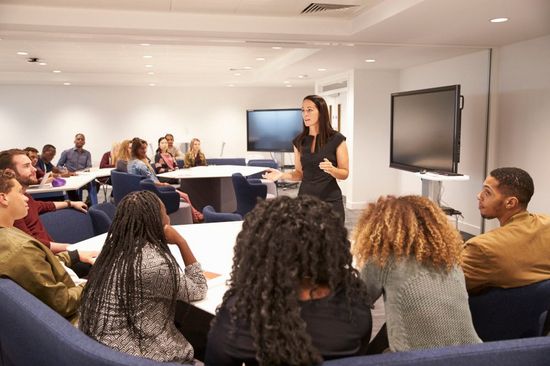Since October 2017, the Department of Building Physics and Building Ecology, directed by Univ. Professor Dr. Ardeshir Mahdavi, coordinates an international project targeting improvement in architectural education.
This three-year project funded by the Erasmus+ Programme of the European Union aims to educate architects capable of initiating a paradigm shift. The objective is to promote a more integrative, multidisciplinary, people-centered, and technologically agile professional profile. Toward this end, natural and human sciences, aided by information and communication technologies, are to be deployed in a context-sensitive manner to address the challenges facing the building of human settlements that support and promote human values in a sustainable manner.
A consortium of expert partners in their fields of specialization, from Europe and Egypt, come together to realize this vision through several outputs:
On the one hand, the program is planned to result in a 5-year duration towards a B.Sc. in Architecture within the School of Engineering at Nile University. It adopts a multidisciplinary approach that builds upon the wealth and diversity of the project partners to interrelate their specialization (Architecture and Urban Design, Structural and Construction Systems, Building Ecology, Building Physics, Human Behavior, Contemporary City and Practicum) to develop an innovative curriculum. Thereby, an important objective is to bridge the gap between theoretical foundations acquired in the course of undergraduate studies and the expected integrative, multidisciplinary, and people-centered professional role in the practice of architecture and urban planning.
On the other hand, the project targets the development of life-long learning modules in three fields of specialization, drawing upon the specialization of the partners. These include Building Ecology/Physics, Human Requirements, and Contemporary City. A general module is intended to round up the architectural education vision with regard to integrative approaches and tools to improve professional performance and outputs.
The Department of Building Physics and Building Ecology at TU Wien takes a leading role as coordinator of the project. Moreover, the department will contribute expertise in the physical and ecological factors at both building and urban scales. The focus lies on empirical, computational, and theoretical study of the interactions between people, buildings, and environment. Therefore, the department leads the design and development of the course sequence in the fields of building physics and building ecology.
Project partners
European partners:
- Technische Universität Wien, Austria
- Universitat Politècnica De Catalunya, Spain
- Universität Kassel, Germany
- University of Cagliari, Italy
Egyptian partners:
- Nile University
- Ain Shams University
- Suez Canal University
- Alexandria University
- Housing and Building National Research Centre
- Engineering Consultants Group
- The Built Environment Collective
More information: <link http: www.impaqt.edu.eg _blank>www.impaqt.edu.eg







